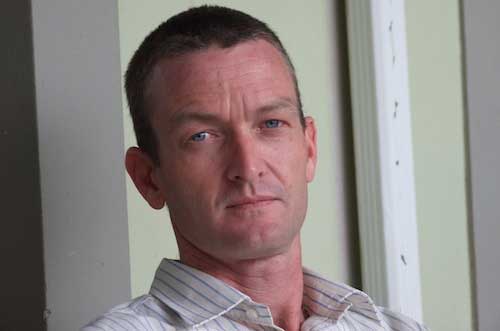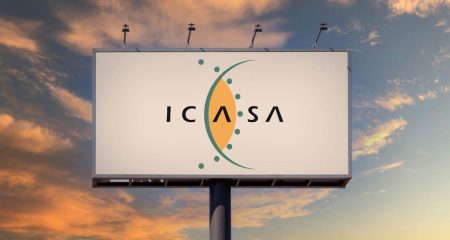
The Internet Service Providers’ Association (Ispa) has queried the status of two initiatives designed to ensure that all South Africans have access to affordable voice and data services.
The body, which represents most ISPs in SA, wants to know what progress is being made by state-owned Broadband Infraco. “Ispa would like to know to what extent the company has managed to implement the roll-out plans set out in schedules 1 and 2 of [the company’s] electronic communications network service licence,” says Ispa regulatory adviser Dominic Cull.
“In particular, Ispa wishes to know whether Broadband Infraco has filed an implementation plan with the Independent Communications Authority of SA (Icasa) and whether this has been approved,” Cull says. “This plan, a draft of which was supposed to be submitted to Icasa during June 2010, is required to set out the manner in which the company intends to establish points of presence in the 33 different underserviced areas specified in its licence.”
Furthermore, says Cull, the plan is required to set out the locations of all the points of presence to be installed; the date of commencement of the roll-out of such facilities, which should not be later than April 2011; and the detailed time periods over which such roll-out will be staggered.
“Ispa is of the view that the establishment of the required points of presence has the potential to revitalise efforts to bring affordable communications to all citizens, as Ispa members, among others, will be able to purchase bandwidth directly from these [sites] in order to service surrounding members. Therefore, Ispa will gladly work closely with Broadband Infraco in order to ensure that the opportunities it creates in these areas are effectively taken up.”
Cull says Ispa also wants an update on the much-delayed release of available radio frequency spectrum in the 2,6GHz and 3,5GHz bands. This frequency, he says, is critical to the introduction of affordable voice and broadband services in these areas, as providers utilise these frequencies to roll out access networks. “While all the talk is about what these licences will cost, we seem to be missing how much it is costing SA not to issue them.”
He says government, Icasa and key players like Broadband Infraco need to “work together quickly and effectively to create an enabling environment for the roll-out of services to as many underserviced areas as possible, in as short a timeframe as possible.
“The availability of low-cost network services and bandwidth in these currently underserviced areas has the potential to revolutionise the participation of marginalised communities in the mainstream economy while securing the future of these communities through the delivery of educational and e-government services.”
He adds that the role of the Universal Service & Access Agency of SA (Usaasa) and the Universal Service Access Fund (Usaf) remains “critical”.
“Bearing in mind the continued lack of affordable accessibility, it is disappointing that there does not appear to be any clear plan as to how these entities are meant to function. The current status of Usaasa and the disbursement of funds from the Usaf is certainly neither what it should be nor what we expected,” Cull says. — Staff reporter, TechCentral
- Subscribe to our free daily newsletter
- Follow us on Twitter or on Facebook




